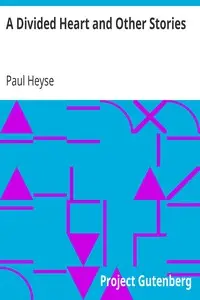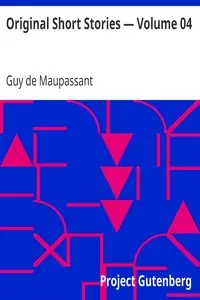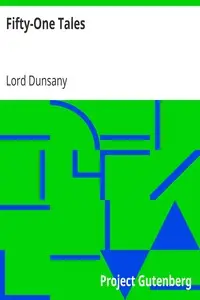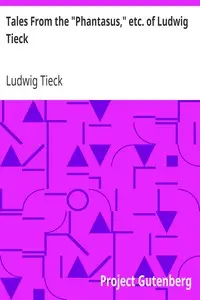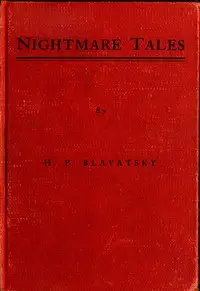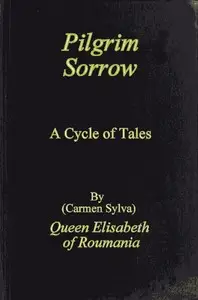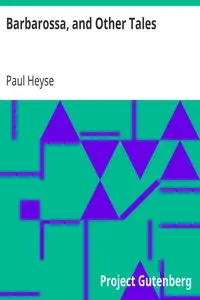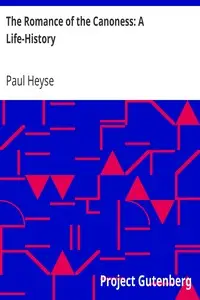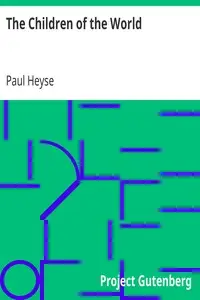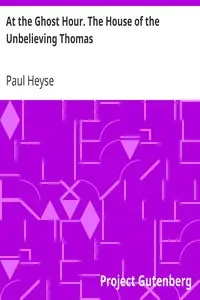"The Dead Lake, and Other Tales" by Paul Heyse is a collection of stories from the late 1800s that explores love, loss, and regret through characters like Eberhard, a sad doctor haunted by past choices. The collection begins with a story wherein Eberhard, seeking peace by a lake in the Alps, is overwhelmed by grief and thoughts of suicide due to tragic losses. His path shifts course when he meets a mother and her sick daughter, Fanny; pulled by duty and lingering emotions, he decides to care for them. This initial setting creates a dark atmosphere, showcasing Eberhard’s internal struggles and hinting at how human connection might lead to his redemption.
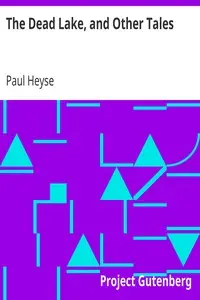
The Dead Lake, and Other Tales
By Paul Heyse
A grief-stricken doctor contemplating ending his life finds a new purpose when he encounters a young mother and her ailing child, forcing him to confront his past and seek redemption through unexpected care.
Summary
About the AuthorPaul Johann Ludwig von Heyse was a German writer and translator. A member of two important literary societies, the Tunnel über der Spree in Berlin and Die Krokodile in Munich, he wrote novels, poetry, 177 short stories, and about sixty dramas. The sum of Heyse's many and varied productions made him a dominant figure among German men of letters. He was awarded the 1910 Nobel Prize in Literature "as a tribute to the consummate artistry, permeated with idealism, which he has demonstrated during his long productive career as a lyric poet, dramatist, novelist and writer of world-renowned short stories." Wirsen, one of the Nobel judges, said that "Germany has not had a greater literary genius since Goethe." Heyse is the fifth oldest laureate in literature, after Alice Munro, Jaroslav Seifert, Theodor Mommsen and Doris Lessing.
Paul Johann Ludwig von Heyse was a German writer and translator. A member of two important literary societies, the Tunnel über der Spree in Berlin and Die Krokodile in Munich, he wrote novels, poetry, 177 short stories, and about sixty dramas. The sum of Heyse's many and varied productions made him a dominant figure among German men of letters. He was awarded the 1910 Nobel Prize in Literature "as a tribute to the consummate artistry, permeated with idealism, which he has demonstrated during his long productive career as a lyric poet, dramatist, novelist and writer of world-renowned short stories." Wirsen, one of the Nobel judges, said that "Germany has not had a greater literary genius since Goethe." Heyse is the fifth oldest laureate in literature, after Alice Munro, Jaroslav Seifert, Theodor Mommsen and Doris Lessing.

